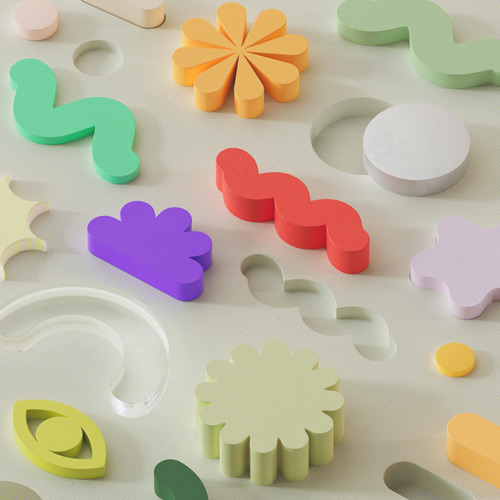When most people think of ADHD, they picture a young boy who can’t sit still in class. But ADHD doesn’t always look like that, especially in women. In fact, many women go years without realizing that difficulties with focus, organization, or emotional regulation could be ADHD symptoms.
These struggles are real, but they don’t always match the common image of ADHD. That’s why many women don’t recognize the signs in themselves, and even those around them may not notice. That’s also why tools like our ADHD Preview Quiz can be a helpful first step in spotting signs you may not have connected to ADHD before.
In this article, we’ll break down the myths and explore what ADHD can look like in females. We’ll also explain why testing can be an important step toward understanding and clarity.
The Hidden Face of ADHD in Women
In adult women, ADHD often goes unnoticed because their symptoms may look different from the “classic” image many people have in mind. Instead of running around or blurting things out, women are more likely to exhibit inattentive ADHD symptoms. This is why many women are underdiagnosed or misdiagnosed for years.
Some patterns that often go unnoticed include:
- Daydreaming or mental drifting – Women may seem quiet or “spacey.” So, others would assume they’re shy or simply don’t care.
- Masking symptoms – Many women develop strategies to hide their struggles, such as over-preparing or repeatedly checking their work. Because of this, those around them may not immediately realize the difficulties they’re dealing with.
- Emotional regulation struggles – Women can get frustrated easily or feel overwhelmed, and they may experience frequent guilt. These emotions are often attributed to stress or anxiety rather than ADHD.
- ADHD myths – One of the biggest misconceptions is that ADHD only occurs in children or boys. But female individuals can have ADHD too, and they often don’t realize it until they get tested. Taking a quick screening, like our ADHD Preview Quiz, can be a helpful way to see if testing might be worth pursuing.
By noticing these little patterns, you can better understand this health condition and recognize that it doesn’t always match the usual stereotypes.
Everyday Struggles You Might Not Recognize as ADHD
ADHD in women often shows up in ways that are easy to overlook. These everyday struggles can feel like just part of life, but they may actually be signs of this health condition:
- Focus challenges – Your mind wanders even when you’re trying to pay attention during conversations or meetings.
- Forgetting small but important tasks – Missing appointments, forgetting to pay bills, or overlooking deadlines that others consider obvious.
- Chronic disorganization – Things like laundry piling up, messy desks, or missed deadlines aren’t always just bad habits. Sometimes they’re signs of trouble with focus and planning.
- Emotional ups and downs – Women can become frustrated or upset easily over minor problems and may feel guilty about small mistakes. They may also feel overwhelmed at work or home. Instead of recognizing them as ADHD symptoms, people often assume them to be signs of stress, anxiety, or even mood disorders.
- Constantly feeling behind or not good enough – No matter how hard you try, it can feel like you can’t keep up.
One of the common ADHD myths to break is the idea that adult women with this health problem are “just disorganized” or “just need to push themselves harder.” In reality, there’s a reason behind these challenges, and recognizing it is the first step toward getting the help and clarity you need. Taking our ADHD Preview Quiz can give you a simple first look at whether these struggles might connect to ADHD.
Why Adult Women Should Consider an ADHD Test
Testing can make a significant difference for lots of female individuals with ADHD. Instead of guessing or blaming yourself, you finally understand what’s happening. Here are some of the main benefits of taking an ADHD assessment:
- Validation – Testing gives you concrete answers. It can show whether ADHD is involved and confirm that the focus challenges you’ve been experiencing are real, not just in your head.
- Clarity – An assessment helps distinguish ADHD from other issues, such as anxiety, depression, or simply being “bad at focus.” It reveals what’s truly happening in your brain.
- Next steps – Once you have your results, you can explore treatments and coping strategies. You may also receive support at school or work, giving you practical ways to address challenges rather than just identifying them.
- Feeling empowered – Understanding the reason behind years of struggles can be empowering. It can help you feel more in control and more confident when managing daily challenges.
Gain Clarity and Take Control
ADHD in women is real, often underdiagnosed, and commonly misunderstood. Learning about it can help explain challenges you’ve been facing for years. Getting tested is an important step toward answers. It can provide valuable insight into your attention, focus, and daily habits. From there, you can use that knowledge to find ways to cope and access the support you need to make life feel more manageable. Starting with our ADHD Preview Quiz is a simple way to take that first step toward clarity.
